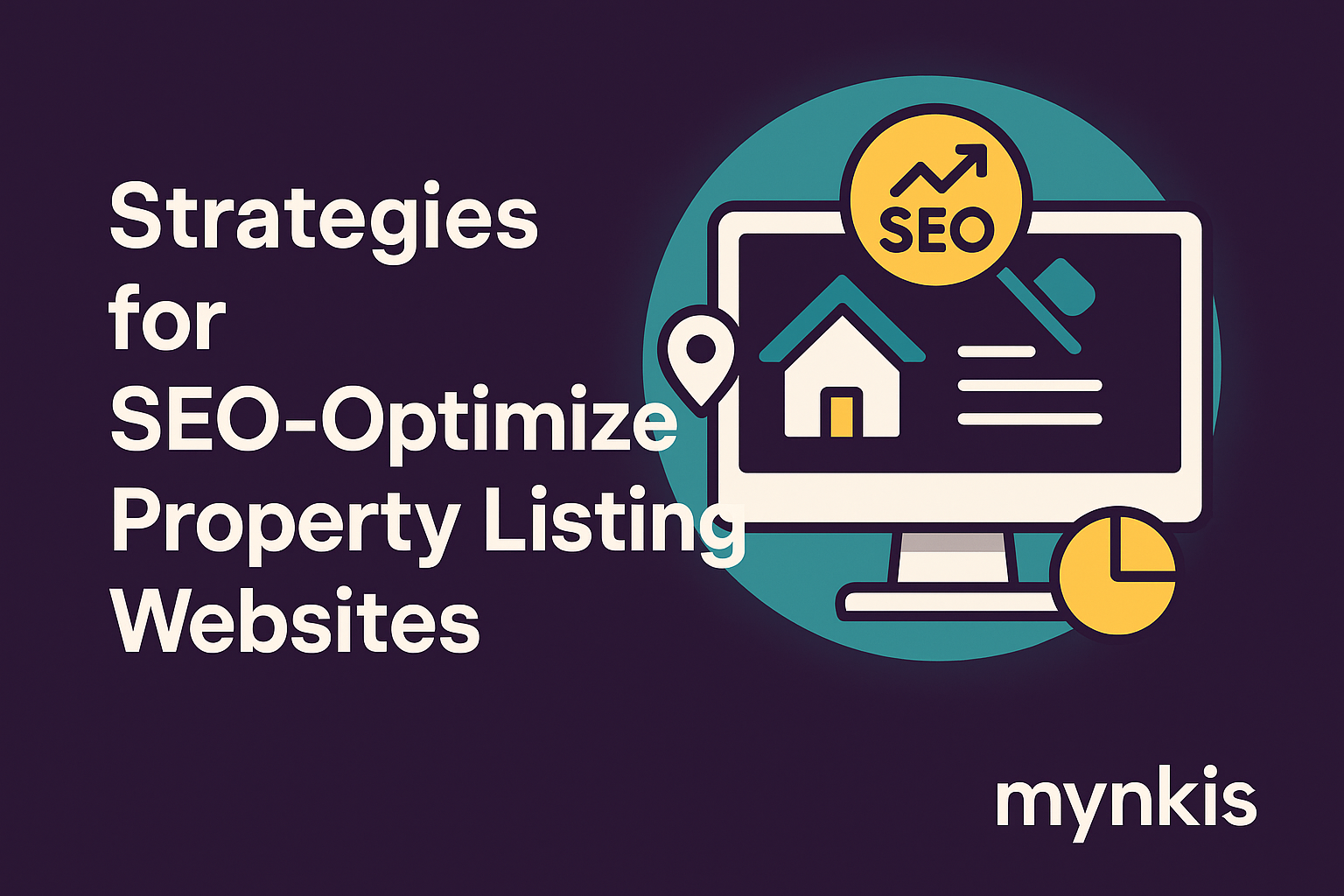Schedule a Demo
When aiming to create property listing websites that stand out in search rankings, particularly for local queries, it's crucial to think like a software engineer. As someone who has worked closely with digital solutions, I've observed that a meticulous approach to coding not only enhances functionality but can significantly boost SEO for brokerage businesses. This article offers insights specifically tailored for real estate professionals seeking to optimize their online presence through robust and error-free web development.
Code quality stands at the heart of any project I've ever worked on. A seemingly minor error in your code can lead to long load times, broken links, or even worse, inaccurate data presentation on your listing site. Search engines like Google prioritize websites that load quickly and offer a seamless user experience, directly affecting your local SEO strategy. By focusing on clean, efficient code, brokers can enhance their site's attractiveness to both users and search engine crawlers alike.
From my observations working with numerous professionals, the structure of your site plays a pivotal role in local SEO. Using semantic HTML to define clear heading hierarchies—like H1 for page titles and H2 for section headings—helps improve readability and crawlability. What's more, implementing schema markup for property listings can significantly enhance the way search engines interpret and index your content, giving you a clearer path to higher visibility among potential clients searching locally.
Before you launch your site or push any new update, comprehensive testing is non-negotiable. I recommend employing both automated testing tools and manual reviews. Tools like Google's Lighthouse can provide insights into your site's performance and SEO status. Similarly, going through your site as if you were a user can uncover user experience issues not evident through automated checks, aligning well with what every Google best practice guides suggest.
Slow load times drive users away and can severely hamper your SEO efforts. According to several well-respected studies from organizations like GTmetrix, load speed can be a significant ranking factor. To mitigate this, ensure images are optimized and consider implementing lazy loading. Adding a Content Delivery Network (CDN) can further reduce the time it takes for your pages to load, benefiting both user satisfaction and search rankings.
In my extensive experience in the field, I've noted that Google's mobile-first indexing means your property listing site must not only be responsive but optimized explicitly for mobile users. Mobile users often are your first point of contact; if they can't easily navigate your site or view properties, you lose the opportunity to engage potential clients. Break your listings down into mobile-friendly formats, test on various devices, and ensure touch-friendly interfaces for the best results.
A crucial, yet often overlooked, aspect of development is creating and maintaining a sitemap. Based on available research from entities like Moz and Ahrefs, a comprehensive sitemap submitted to search engines can dramatically improve how your content is discovered. Regularly updating your sitemap ensures search engines have the most current view of your property listing site, which in turn reflects accurately in search rankings.
The use of structured data can be a game-changer for property listings on your website. By integrating JSON-LD structured data for things like property type, price, and location, you enhance the way search engines interpret and present your site in search results, possibly gaining you rich snippets like 'price' directly under your SERP listing. Embrace standards like schema.org to keep up with best practices advocated by Google and its peers.
Being part of the real estate scene, I understand how significant local keywords are. Incorporate keywords that align with your target demographic, which ideally are related to neighborhood and region specifics of property listings. Using tools from trusted SEO platforms like SEMrush or Ahrefs, you can find which keywords drive the most traffic. However, embedding them naturally within your content is the key—stuffing them will likely do more harm than good.
In every project I engage in, I enforce the habit of using comments within the code. Clear comments act as a breadcrumb trail for other developers—and possibly your future self—when updating the site. It ensures the longevity and maintainability of your code, critical for the continuous improvement of SEO on real estate listing platforms.
The final piece of the puzzle—or where the dominos can align perfectly—is security. From my multiple project experiences, SSL certificates are not just symbols; they represent safety for your users and your SEO standing. Secure your site with proper encryptions and stay abreast of any needed updates or patches. Individual results in security practices may vary, but consistently, sites that have robust security measures rank better, fostering a sense of trust pivotal for real estate clients.
